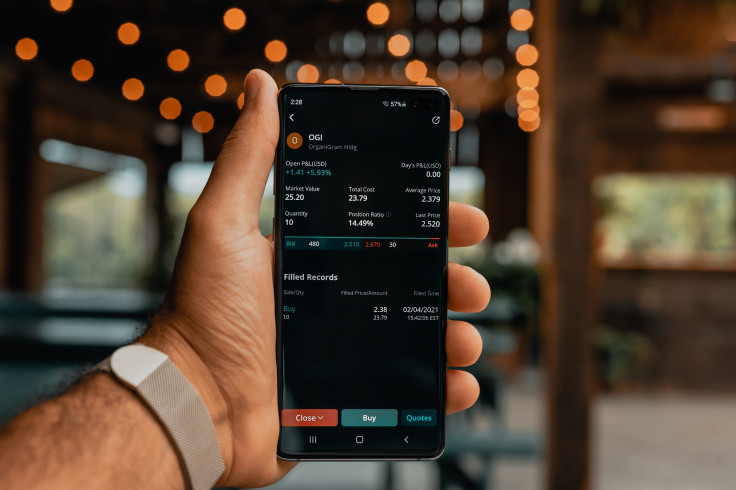
CHICAGO - Fintech is a massive subsection of the U.S. and Latin American tech industries, currently reeling in millions of dollars from investors. It is also an area that Latino founders are drawn to and one that Latino consumers are heavily using.
Fintech is an acronym for financial technology; however, the industry spans from neo-banks offering burgeoning services to blockchain technologies that empower the use of cryptocurrencies like Bitcoin and Ethereum.
According to a Brookings Institute survey, Latinos are adopting fintech technologies at faster rates than any other minority demographic in the U.S. Latinos see fintech products as enablers to build wealth and have taken to cryptocurrency, investment platforms and banking solutions. According to the survey, Latinos make up 24% of cryptocurrency owners in the U.S. and have opened more bank accounts due to the abundance of fee-free digital banks.
A key contributor to the reliance on fintech stems from Latinos looking for economic prosperity in a financial system that they distrust and that often discriminates against them.
"When you look at the landscape, U.S. Latinos, despite the fact that they are contributing significantly to the economy, continue to experience friction points when interacting with financial services," said Jose Arturo Villanueva, founder of Alza, a banking platform designed for Latinos. "And these friction points all result in Latinos paying more for everything from a checking account all the way through a mortgage."
Technology as a whole has been beneficial in helping Latinos elevate their financial status in the U.S., according to Sergio Torres, founder of Alvva, another fintech.
His startup launched as a way to help Latinos finance and pay for immigration lawyers. However, it has shifted its focus to helping them apply for residency status because, according to Torres, gaining residency status is more beneficial and cost-effective. With a residency status Latinos become eligible to legally work in the U.S. and receive social security and education benefits. Green card holders also see a 24% increase in their wages as they become eligible for better-paying jobs.
"Fintech is part of our vision because we want to help Latino immigrants and immigrant families with their upward mobility, and we think that the biggest lever right now is that if they're eligible for a status that they apply for that status," Torres told the Latin Times.

On the other side of the coin, Latino founders have been inspired to launch startups due to their lived experience in the U.S. and their desire to help others.
That was the case of Jessica Mendoza, a Venezuelan migrant who in 2021 launched an AI startup that helps people search and manage bills attached to their name and residence when moving. Her startup, Monadd, was also recently featured by the AWS Impact Accelerator program, which helps Latino founders scale their companies.
"I am Venezuelan, but I've lived in so many different places because as a migrant you have to adapt and relocate to wherever is fit. And as an adult, the more that I started moving to different places, the more I realized that I didn't know everything that was tied to me, like all of the services and bills," said Mendoza.
Villanueva also credited his upbringing as an immigrant living in Texas as an inspiration for launching a banking platform. "I grew up in South Texas and I remember seeing the predatory practices there anywhere you went. Alza was created with the idea that banking should be an enabler of growth," he said.
Even Marcelo Claure, one of the most successful Latino tech entrepreneurs, credited his experience working in the U.S. as an inspiration behind launching Brightstar, a wireless communications company that services Latin America.
Over the past years, Latin-founded fintech has been some of the most successful in securing investments despite the tough venture capital climate.
Fintech companies such as Nubank, a Brazilian banking platform, and Argentina-based Ualá have gained international attention for their innovations and even secured tech unicorn status for reaching valuation of over $1 billion. They are also some of the largest companies in Latin America, with Nubank employing over 7,000 people and Ualá employing over 1,300 individuals, according to PitchBook.
© 2025 Latin Times. All rights reserved. Do not reproduce without permission.





